The theme of the MOVE Congress 2025 is #Activating. What are the best strategies to #activate people and communities and promote participation? What are the most inspiring practices of grassroots sports associations, urban planners, municipalities, local communities and other stakeholders? And how can people be best-motivated to engage with their local communities and sport organisations as volunteers?
#Activating People
Regardless of age, gender, or social status, everyone has the potential – and the right – to improve their health and wellbeing through physical activity. The MOVE Congress 2025 will explore innovative methods to inspire and promote physical activity, offering the knowledge and tools to help everyone become more active.
#Activating Participation
For many, group activities are key to enjoying an active lifestyle. However, barriers like social skills, physical limitations, and digital distractions must be overcome. The MOVE Congress 2025 will highlight the best ways to create engagement, encourage volunteering and connect people to local community organisations and most importantly, to one another.
#Activating Communities
When communities get active, the impact can be remarkable! Strong community bonds foster social inclusion and civic engagement. The MOVE Congress 2025 will showcase the best practices for supporting grassroots sport organisations, transforming public space and sporting facilities, and activating local communities.
It’s time for us to step up and share the best ways to get others moving!
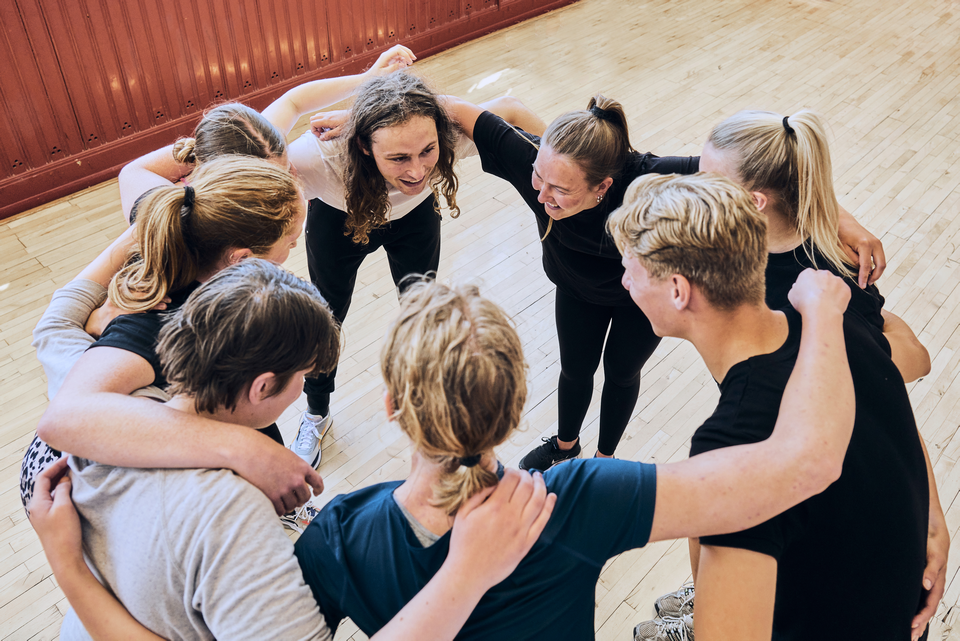
Health goes beyond physical health. Recreational physical activity intersects with physical, mental and social health, enhancing people’s wellbeing.
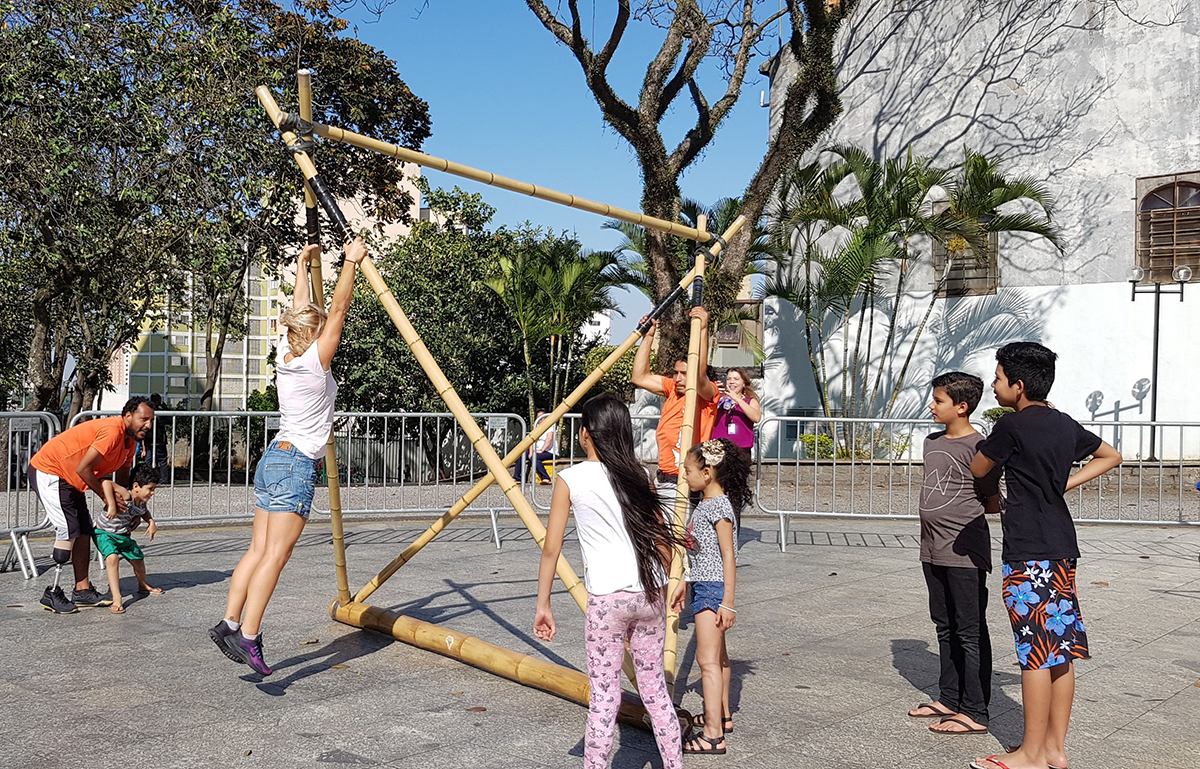
Grassroots sport can support the integration of refugees, encourage social inclusion and create welcoming communities for everyone, but this requires deliberate effort.
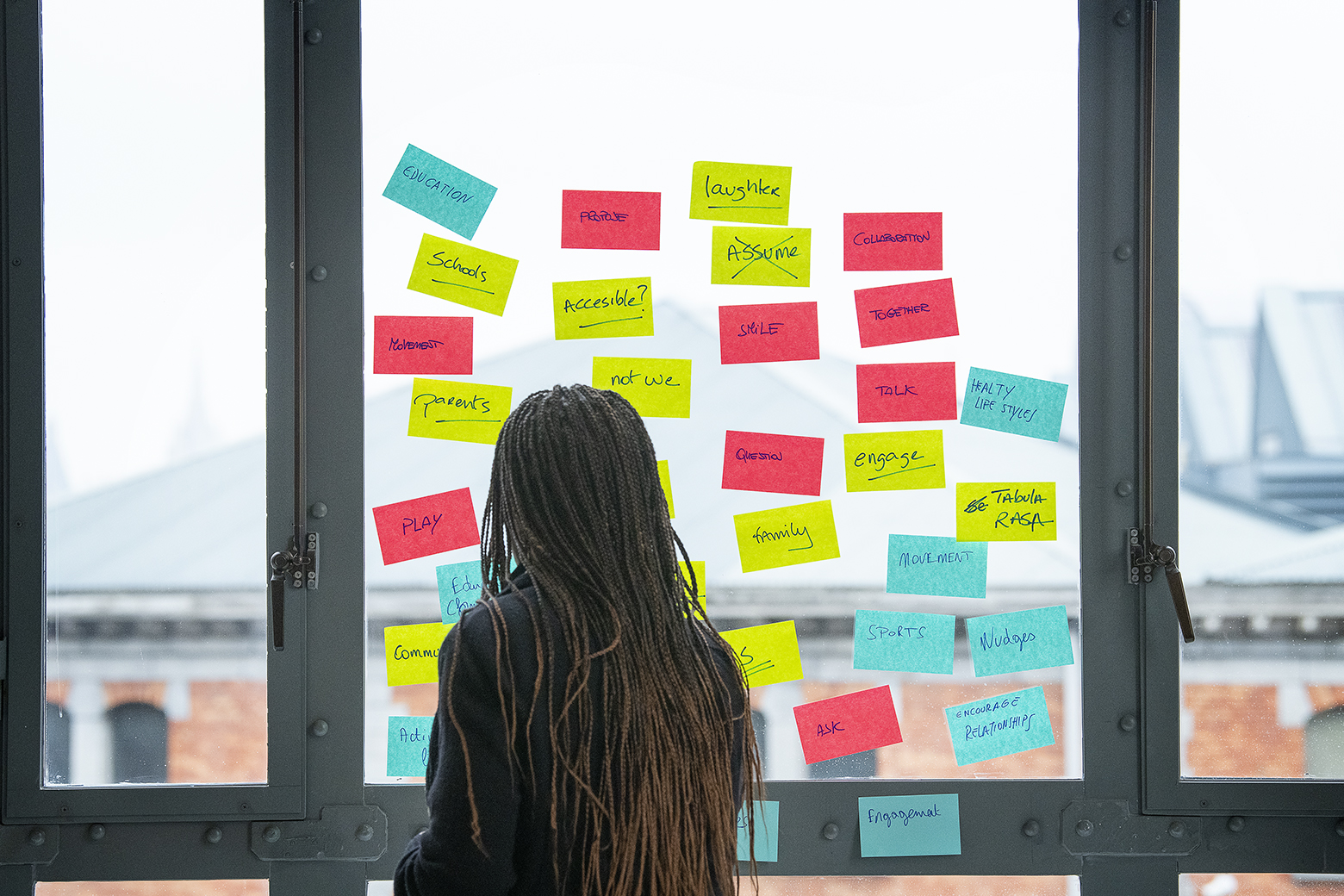
We are all ageing every day. Movement, play, and joyful activity support physical and mental wellbeing, strengthen social connections, and promote healthier ageing. Supporting active lifestyles means empowering individuals and building environments that make staying active easier, balancing personal choice and institutional responsibility.
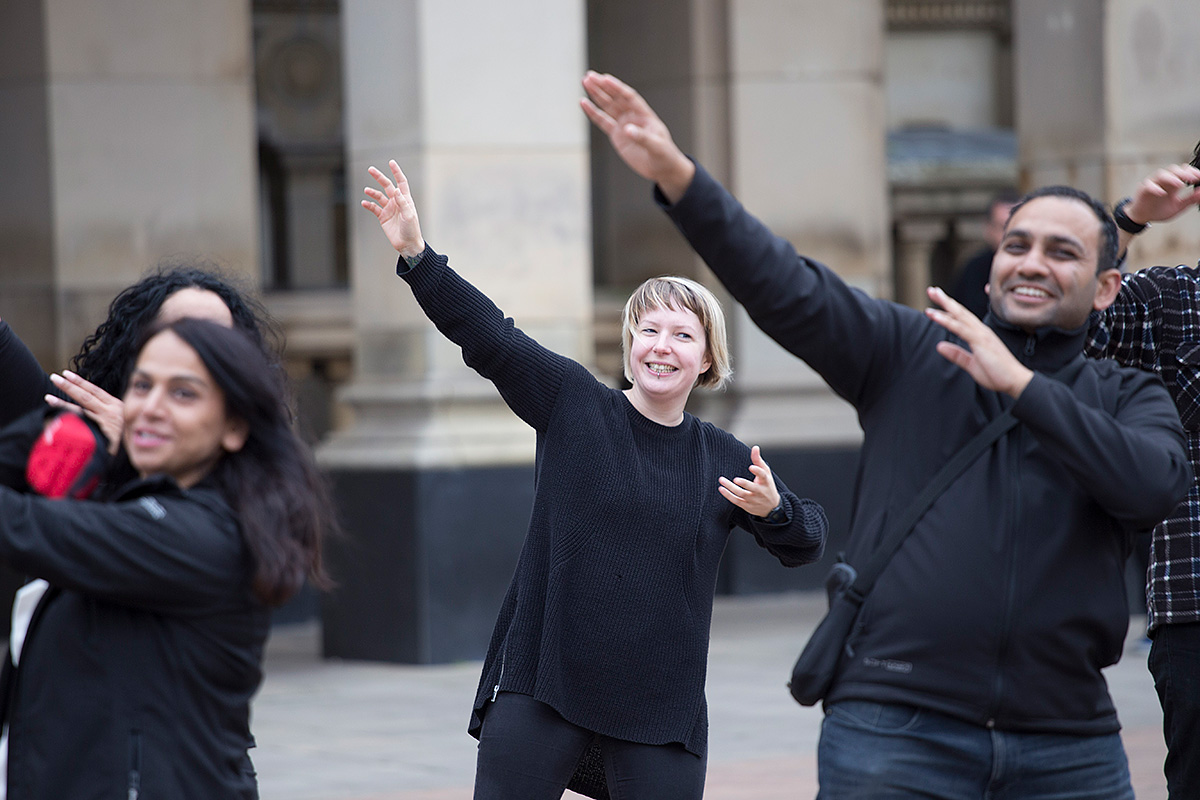
Volunteers are the backbone of grassroot sports organisations. Volunteering enriches people’s lives by providing a sense of purpose, new skills and social connections in the local community. How can we motivate and engage volunteers?
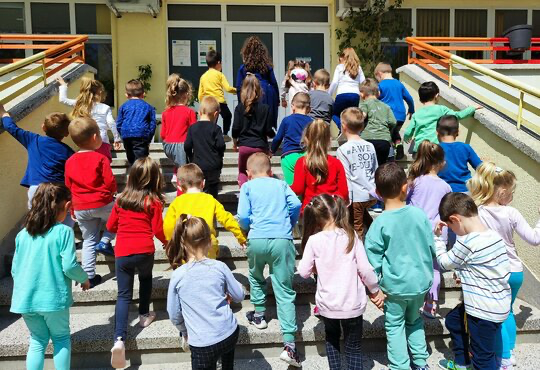
Just as we teach reading and writing, we must teach physical and health literacy to equip people with the knowledge they need to access and maintain an active lifestyle.
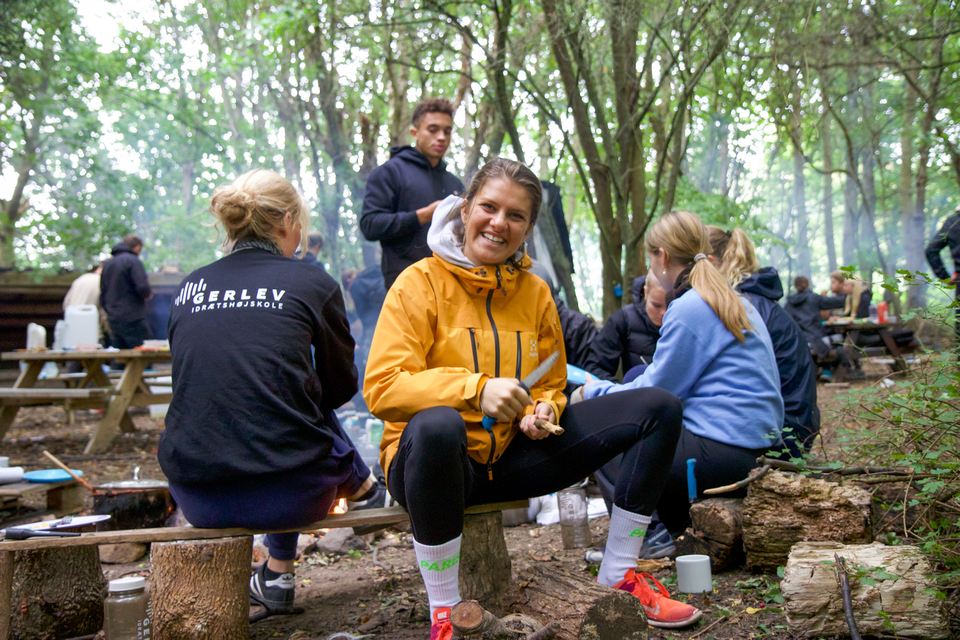
Schools and kindergartens play a significant role in creating healthy habits from childhood. Physically active learning increases participation, and overall well-being by embracing movement throughout the school day.
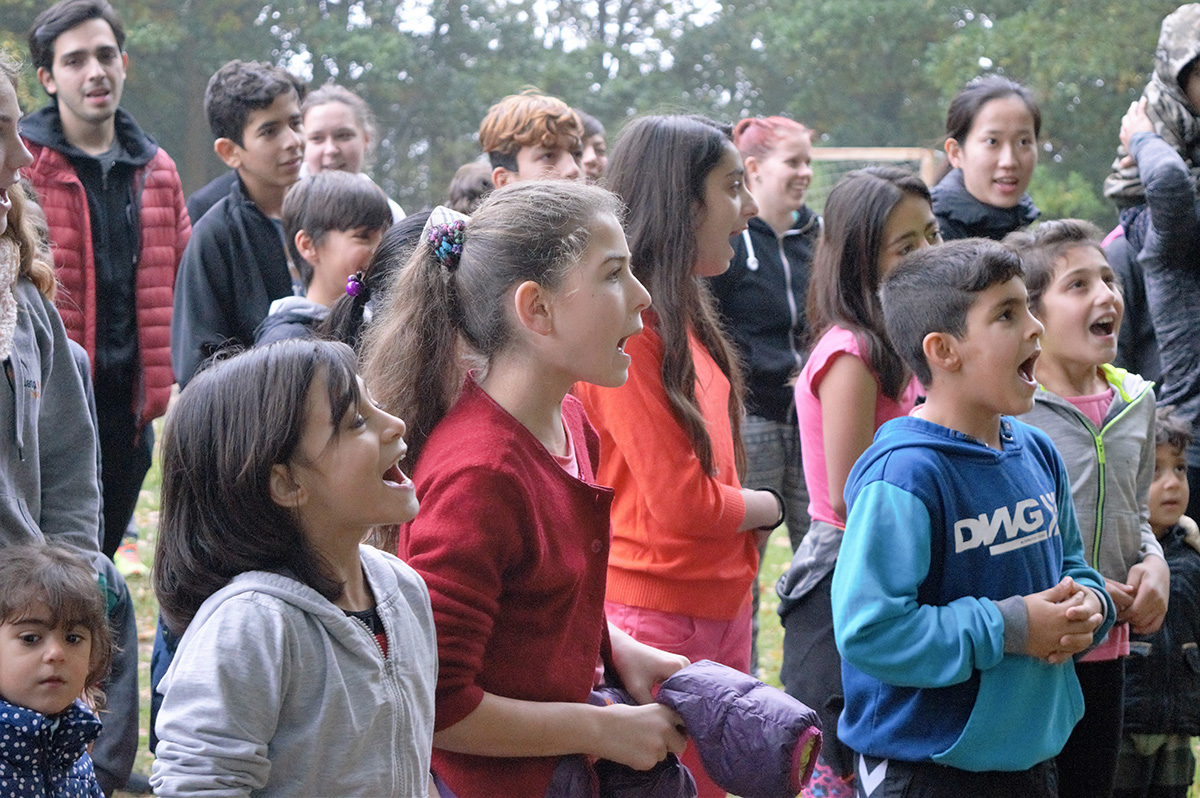
Engaging children and young people in grassroots sport associations empowers them to shape the future of movement, sports, and society. Beyond viewing them as a target group, we need to amplify their voices in all stages of decision-making and programme design.

Local sports associations can be catalysts for climate action through education, mobilisation, and adaptation efforts. They can promote eco-friendly behaviour by linking physical activity and well-being with environmental sustainability.
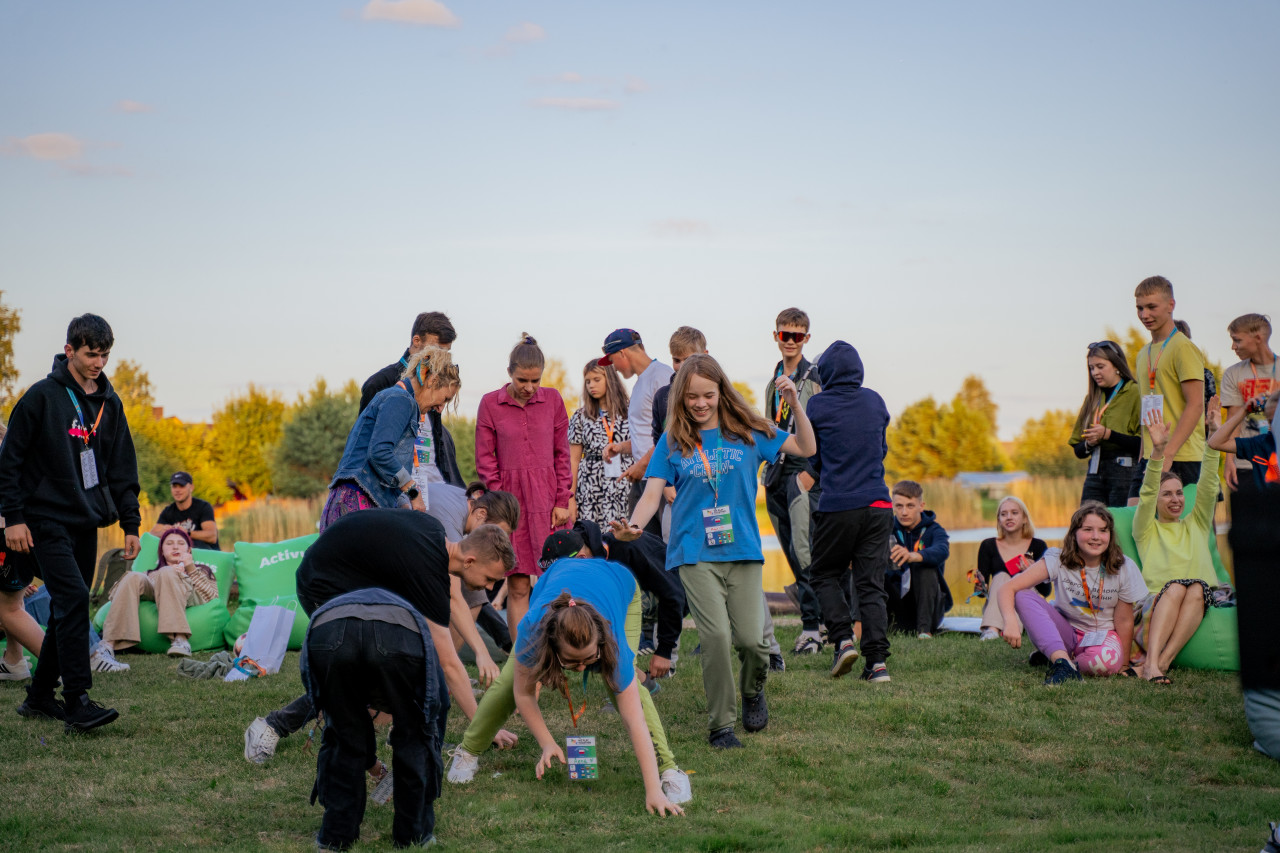
Physical inactivity and childhood obesity are deepening crises. How can we ensure that political priorities focus on funding physical activity and grassroots sport, so that everyone has a chance to practice their Human Right to MOVE? What kind of policy changes would we want to see?
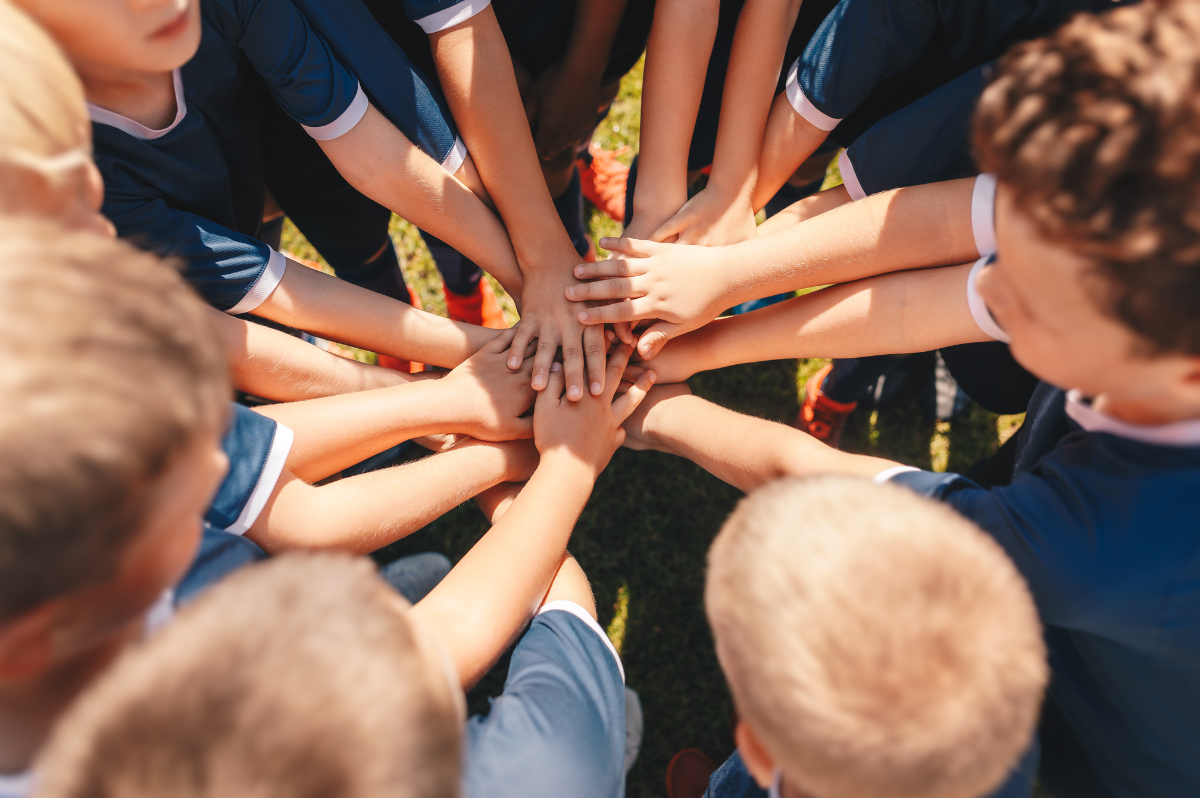
Violence has no place in sport. Tackling gender-based violence and safeguarding children’s rights are essential to ensuring safety, dignity, and equality for all in grassroot sport. Everyone deserves to experience sport as a positive, empowering space free from harm, fear, or abuse.
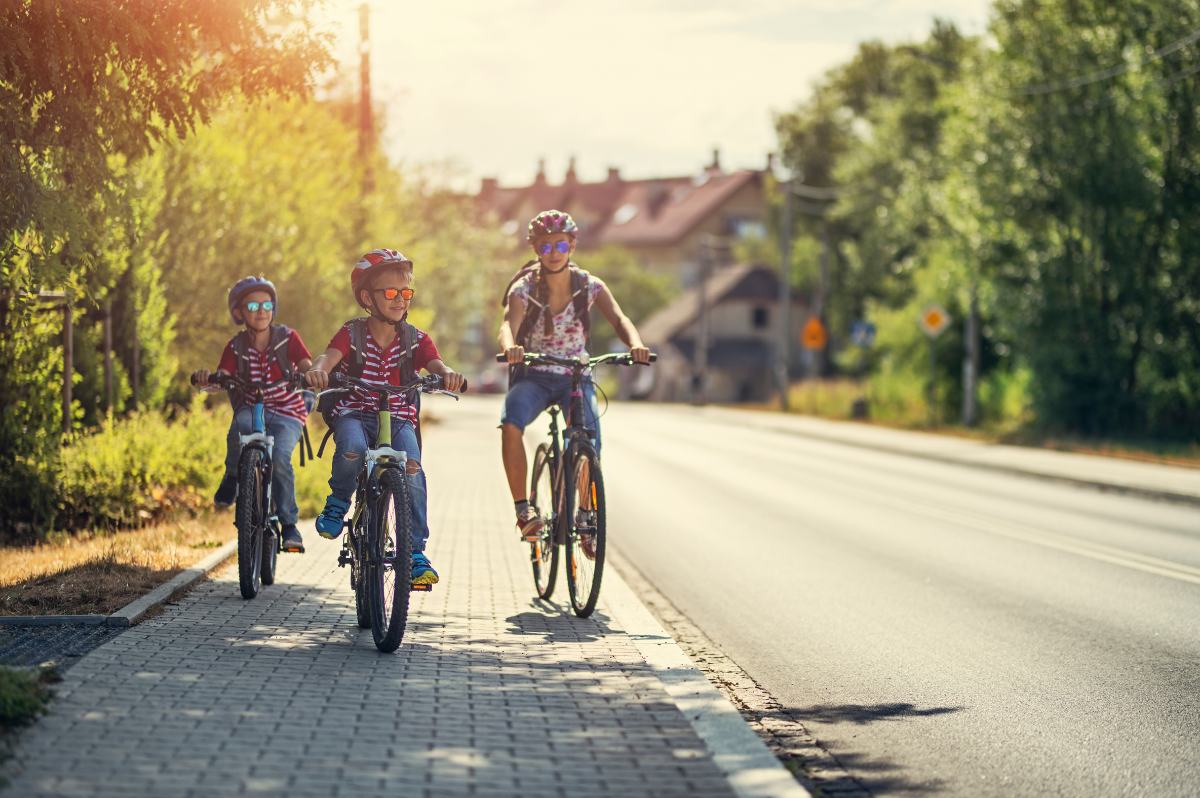
Urban environments play an important role in promoting healthy and active lifestyles. From safe walking and cycling infrastructure to accessible parks and sports facilities, prioritising active living in planning and policy can create healthier, more connected, and more resilient communities.

Physical activity and sport for development sometimes struggle to make their voice heard. The sector could better leverage the strong business cases for investing in them; however, when we focus on “monetising” outcomes we risk devaluing or missing other social impact. How and where can the sector use financial measures to make its case, and what are the limitations of this approach?
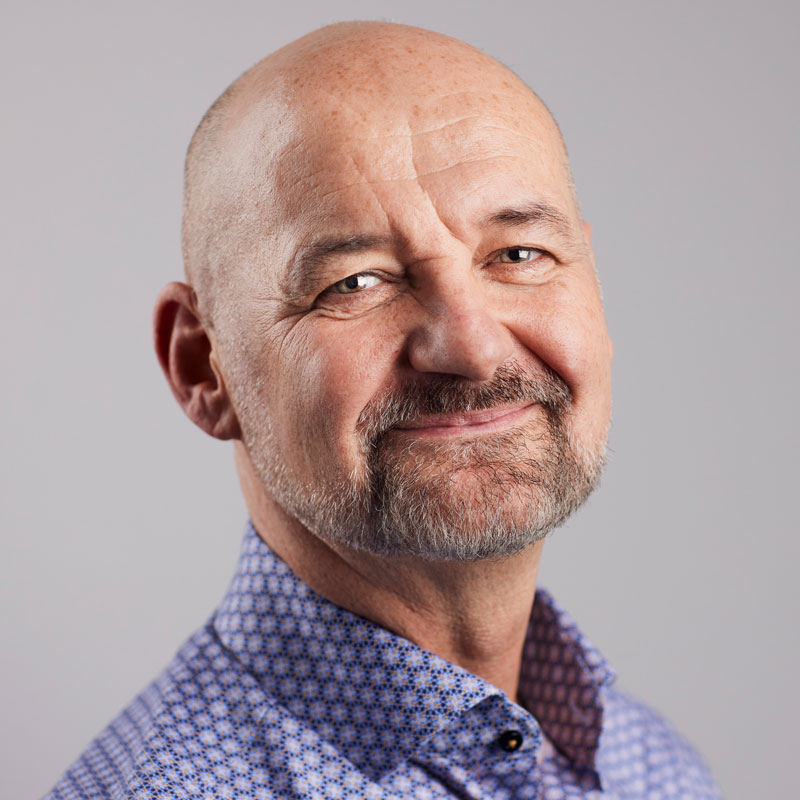
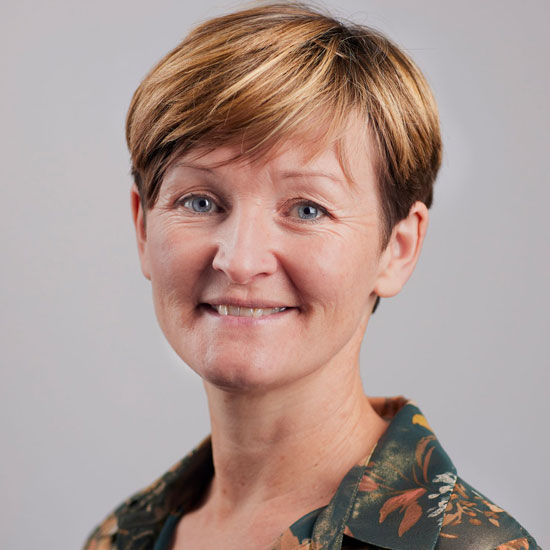
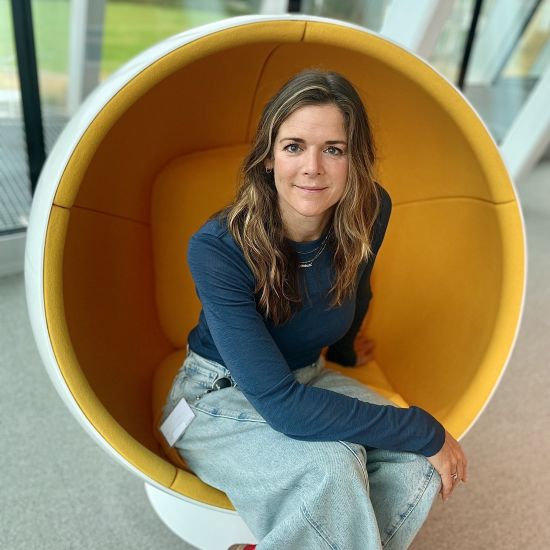

Vesterbrogade 6D
1620 Copenhagen V
Denmark
Copyright © 2025 International Sport and Culture Association. All rights reserved.
GDPR | Site Map